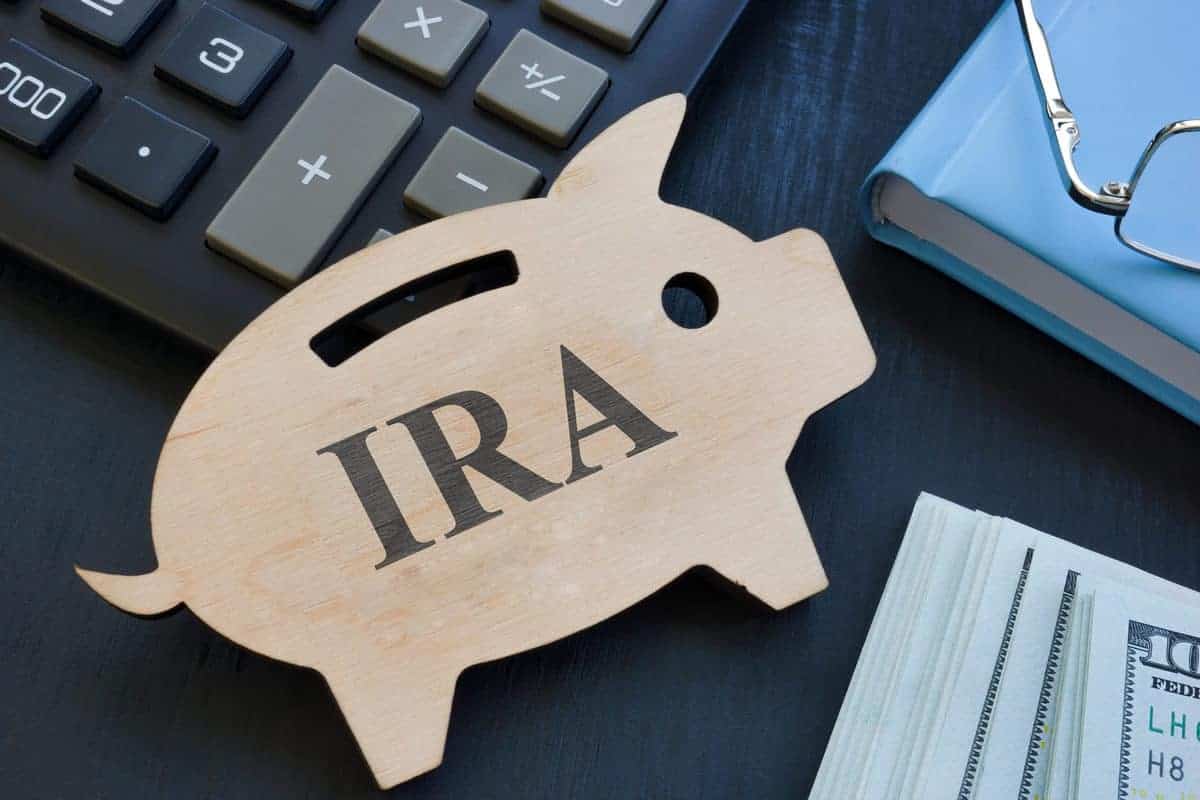Getting an inheritance may sound like the easiest way to come into money. But inheriting an individual retirement account (IRA) isn’t as simple as just being handed a check. If you’re named a beneficiary – someone designated to receive all or part of an estate – and you inherit an IRA, there are rules you must follow around required minimum distributions (RMDs). Understanding them can help you make the right financial decisions.
The SECURE Act of 2019 changed the rules for inherited IRAs. With some exceptions, beneficiaries now must withdraw all the money from the account within 10 years of the account holder’s death. But there are some exceptions to this rule. Here’s what you need to know if you inherit an IRA.
How inherited IRAs work
Inheriting an IRA is not the same as inheriting a bank account or taxable investment account. With an inherited IRA, certain rules determine when you must withdraw your money.
Ideally, when you inherit an IRA, you’ll be named the beneficiary of the account. If you’re named as beneficiary, typically there won’t be any need to go through probate. However, you must empty the account by December 31 of the 10th year following the original account owner’s death unless an exception applies (if you’re the owners’ spouse or minor child, chronically ill or disabled, not more than 10 years younger than the owner, you can stretch distributions over your lifetime.)
If that owner was over age 72 and had not yet taken an RMD for the year in which they died, you may need to take that distribution on their behalf. After that, you’d typically move the money into a “beneficiary” (or “inherited”) IRA of your own. You can’t add money to it – the account is meant to be drained.
You have three main options for depleting an inherited IRA:
- Take all the money at once.
- Set up regular withdrawals designed to draw down the account over 10 years.
- Take different distributions whenever you want.
However you decide to do it, you’re expected to empty the inherited IRA before the deadline unless you qualify as an exception.
How inherited IRAs and RMDs are taxed
If you inherited a traditional IRA, you’re responsible for paying taxes on any amount you withdraw under the 10-year rule or on any RMDs you take as an exception. If you don’t take your RMD, you could face a penalty of up to 50% of what the IRS says you should have withdrawn.
A Roth IRA is different. Generally, you don’t have to worry about taxes on withdrawals from a Roth as long as the account has been open for five years – even if you’re taking RMDs from a beneficiary IRA. However, there’s a five-year rule on Roth earnings in an inherited account: If the original owner opened the IRA less than five years before death, contributions can be withdrawn tax free – but earnings on those contributions are subject to tax if you withdraw them before the account is five years old.
Need financial guidance? Click here to schedule a complimentary consultation.






